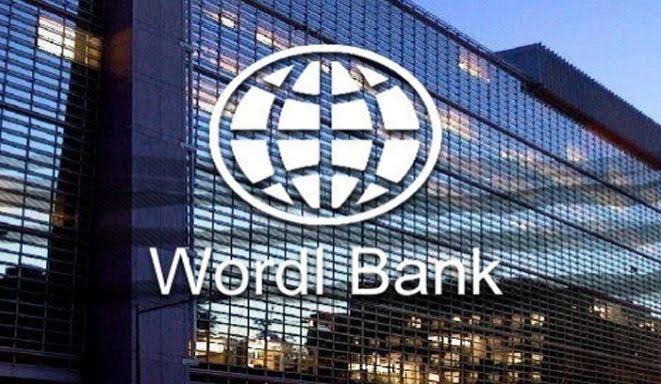ALIF
Published:2020-09-26 22:18:44 BdST
WB approves $200m for rural Bangladesh
The World Bank has approved $200 million to help Bangladesh improve access to safe water and sanitation services in rural areas.
The Bangladesh Rural Water, Sanitation and Hygiene for Human Capital Development Project will help about 600,000 people avail safe and clean water through large and small piped water schemes in rural areas, according to a WB release issued on Saturday (Bangladesh standard time).
It is expected to provide access to improved sanitation services to over 3.6 million rural people.
Through providing better access to water, sanitation, and hygiene (WASH) facilities at homes and in public places and motivating people to adopt proper handwashing practices, the project is designed to help prevent diseases and protect from infectious disease outbreaks, including the Covid-19 pandemic.
Further, the release said, it will address urgent WASH needs during the Covid-19 pandemic in a quick and timely way.
"Bangladesh has made remarkable progress in providing access to basic water supply to all and end open-defecation," said Mercy Tembon, World Bank Country Director for Bangladesh and Bhutan.
However, she added "The quality of water and sanitation and the link between safe water and sanitation and human capital development remains a challenge."
"This project will provide clean water and sanitation services that will reduce diarrheal diseases, improve nutrition, health, and reduce stunting among children under five, and especially benefit those in vulnerable groups. This will help the country to reduce poverty and accelerate economic growth."
In rural areas, only about 3.0 per cent households had piped water connections in 2017.
In addition to investing in large and small piped schemes, the project will facilitate loans for households to improve their water and sanitation facilities and for the local WASH entrepreneurs expand their business, said the release
Furthermore, to ensure the quality and sustainability of the piped water schemes and fecal sludge management, the project will train the local entrepreneurs.
In crowded public spaces—such as markets, bus stations and community clinics—the project will set up about 2,514 handwashing stations with overhead tanks for running water, drainage, and sanitation facilities, which will be equipped with soaps, according to the news rekease.
"Bangladesh is among the most vulnerable countries to climate change impacts. Extreme weather events and climate change affect the WASH sector by reducing drinking water quality and availability," said Rokeya Ahmed, World Bank Senior Water Specialist and Team Leader for the project.
"The project will build climate-resilient water and sanitation facilities and improve fecal sludge management to reduce contamination of surface water and groundwater."
In Bangladesh, about one in every four women use appropriate menstrual materials; the low usage rate leads to infection and often prevents girls from attending school, said the WB release.
The project will facilitate micro-finance loans to about 150 female entrepreneurs to sell sanitary napkins at the doorsteps. It will also promote women’s representation and leadership in water management committees at the community level. The project will cover 78 Upazilas in Mymensingh, Rangpur, Chittagong, and Sylhet Divisions.
The project will impart a behavioural change campaign for better WASH practices and utilize community health workers to deliver regular training on handwashing, baby WASH, and menstrual hygiene, added the release.
Unauthorized use or reproduction of The Finance Today content for commercial purposes is strictly prohibited.


